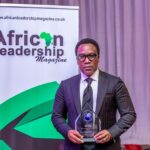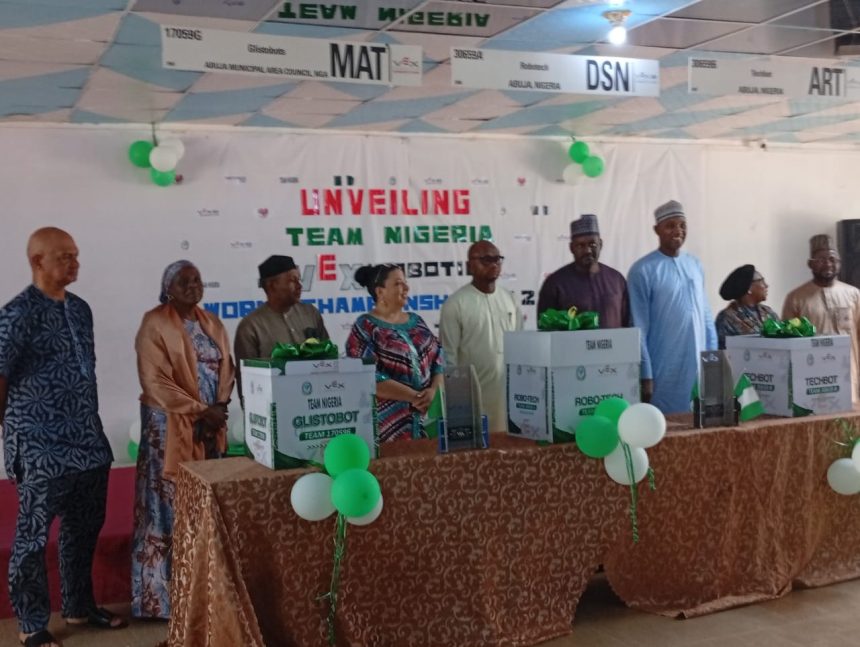By Chidi Ugwu
Glisten International Academy, in collaboration with Miraisha Foundation, at the weekend, unveiled Team Nigeria VEX Robotics World championship 2025 expressing hope to advance beyond initial matches into the top 20 qualifiers in each category.
The team, comprising of over 20 students trained by Glisten International Academy management in designing, programming, constructing, and testing robots, would in May 2025, compete in Dallas , United States of America, alongside other students from 60 countries across the globe.
Scheduled for May 6–14, the global event which showcases top robotics teams comprising of 37000 students from around the world.
Speaking during the event, Engineer Abba Saidu, Executive Director of the school, said the journey to qualification is rigorous and spans over six months.
According to him, it involves procuring kits, registering teams, training coaches, attending conferences, and building and refining robots through multiple prototypes.
The Executive Director said this year, Glisten International Academy will field three teams across different age categories: elementary (ages 8–12), middle school (ages 11–13), and high school (ages 13–18), competing in VEX IQ and VEX V5 categories.
Saidu emphasized the challenges of competing on the world stage with limited resources compared to teams supported by major tech companies.
Despite this, he expressed optimism that the Nigerian team aims to qualify for the next round of competition—an achievement they have yet to attain.
He said their preparation includes leveraging local expertise and collaborative efforts while adhering to international standards in robotics equipment.
Reflecting on past successes, Saidu expressed optimism for improvement and highlighted the importance of learning and resilience, stressing that the team hopes to advance beyond initial matches into the top 20 qualifiers in each category.
He noted that each year the Nigerian robotics community continues to grow, and called for increased sponsorship from government agencies and private organizations to ensure broader participation in future competitions.
“Well, for me it’s not about positioning, it’s about what learning do we have, because we need much more to compete at the world stage, where we see we’re doing this thing out of our own share pockets and the little friends that we have and family that support us, these things are quite expensive, just like I mentioned, other kids around the world are getting support from Silicon Valley, where the big tech companies are happening” he said.












